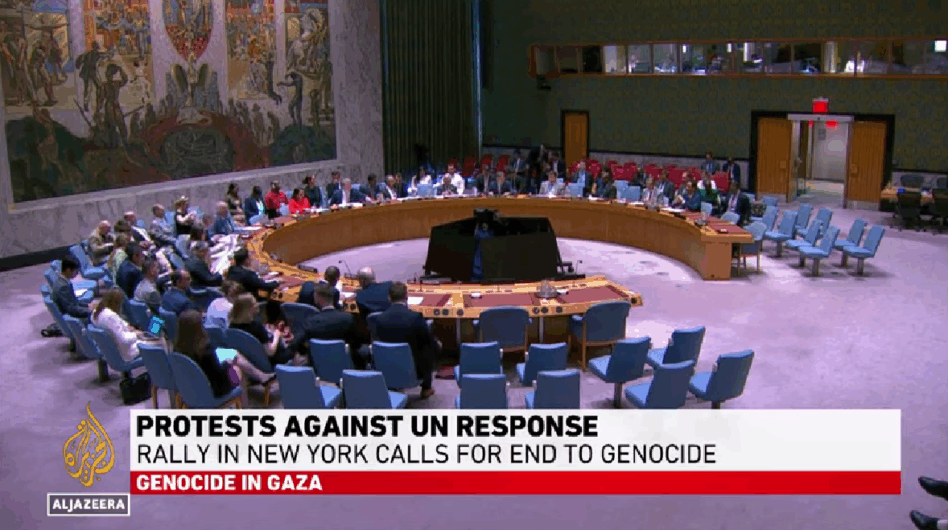THIS is bizarre but true. Even though the court finds that the defendant’s words are defamatory in a legal suit, the defendant can still wrangle his way out if the court accepts his defence.
How is it that the defendant who utters defamatory remarks can still get away with his action? This is because according to the law, there are some circumstances in which the person can slander another person.
For example, if the defamatory words are spoken in the Parliament or in court of law, then that person cannot be sued because they are accorded absolute privilege to do so.
This is because the law sees the need to provide such protection to elected representatives to speak freely and for witnesses to give evidence in the court.

There are other defences such as justification, fair comment, qualified privilege and others. These types of defence can happen in writing of public interest when defamatory words or remarks are made.
In the case of Anwar Ibrahim vs Awang Hashim, for example, the defendant used the defence of justification and fair comment on grounds that what he stated was a matter of public interest.
In this case, Anwar has sued Awang with two allegations of defamation, namely that the PKR president has abused his power by interfering in the enforcement and prosecution agencies in Malaysia, and secondly, with regard to the appointment of the plaintiff as Malaysia’s 10th Prime Minister (PM).
Nevertheless, it seems that Awang’s claim that Anwar dragged his political enemies to the court is difficult to prove and used as a defence because Anwar has no authority over the Attorney-General (AG) nor the Malaysian Anti-Corruption Commission (MACC).
According to both the law and act, only the AG can prosecute while the MACC can only investigate. They do not need Anwar’s permission or consent to prosecute.
It is difficult to compare Anwar and Tun Dr Mahathir Mohamad because even Dr Mahathir had never said that he took action against political enemies because the Internal Security Act (ISA) was meant for national security. After all, what have Anwar and Dr Mahathir have to do with this issue?
Therefore, if one has already gone overboard by having uttered those slanderous words, it will be best to admit that one has let slipped his/her tongue – and humbly apologise – rather than to defend one’s innocence in court.
After all, if one should opt for the latter and is found guilty, one may have to bear with hundreds of thousands in damages. In conclusion, apologising is much cheaper than to defend oneself in court. – April 6, 2023
Dr Zulqarnain Lukman is the Amanah legal bureau head. His view first appeared in political news portal Harapan Daily under the heading “Mohon Maaf Lebih Murah Kosnya daripada Membela Diri”.
The views expressed are solely of the author and do not necessarily reflect those of Focus Malaysia.
Main pic credit: Kosmo









